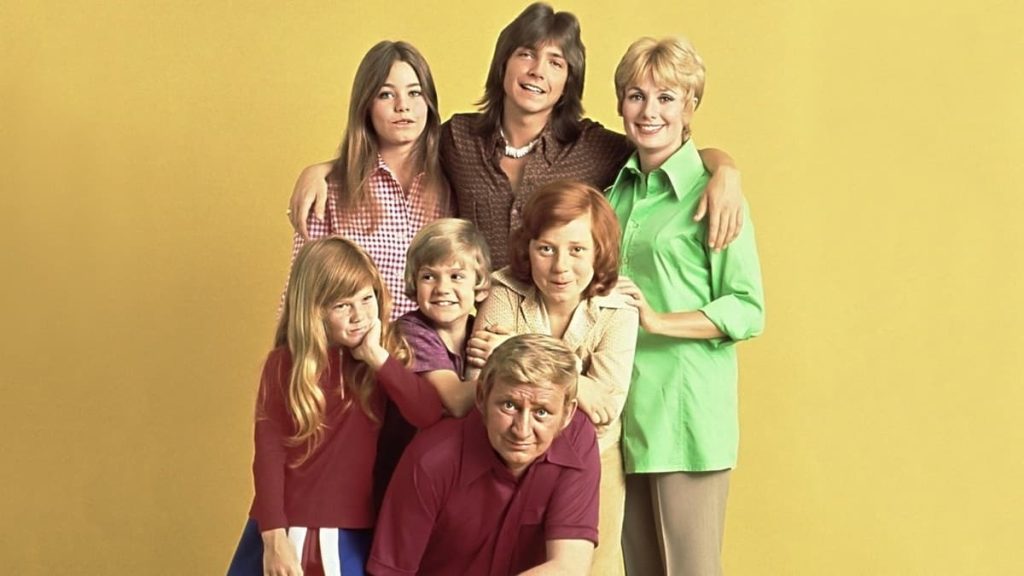
A Melancholy Call to a Love That No Longer Answers
“Echo Valley 2-6809” by The Partridge Family is one of the most poignant and evocative songs in the band’s catalog, wrapped in a layer of wistful nostalgia and heartbreak. Released in 1972 on their album Sound Magazine, the song stands out from the group’s typically upbeat and sugary pop sound, offering a rare glimpse into deeper emotional territory. Though it was never released as a single, it became a fan favorite, resonating with listeners who understood the universal pain of lost love and unanswered calls.
From the first notes, there’s a bittersweet, almost cinematic quality to the song—like a scene from an old romantic film where someone is dialing a number they know they shouldn’t, but they just can’t help themselves. David Cassidy’s tender yet aching vocals add an extra layer of emotional weight, capturing the desperate longing of someone trying to reconnect with a love that has already faded into the past. The lush, sweeping orchestration and gentle acoustic guitar create a dreamy, almost ethereal backdrop, making the song feel both intimate and grand at the same time.
The title itself is evocative of a different time—back when phone numbers were often represented by words and digits, giving them a sense of place and identity. The name Echo Valley suggests an idyllic, far-off memory, a place that once meant everything but now exists only in the mind. The “2-6809” is a number the narrator keeps dialing, hoping to hear a familiar voice, only to be met with silence or a stranger on the other end. It’s a simple yet powerful metaphor for the feeling of desperately clinging to something that no longer belongs to you.
The song was written by Tony Romeo, the same songwriter behind “I Think I Love You,” The Partridge Family’s biggest hit. Romeo had a knack for crafting melodies that felt timeless, and “Echo Valley 2-6809” is no exception. Though it’s rooted in early ‘70s pop, its theme of love slipping away is something that transcends generations.
There’s something almost haunting about the way the song unfolds. The narrator knows deep down that making the call won’t change anything, yet they can’t stop themselves from trying. It’s a sentiment many can relate to—that moment of weakness when the past feels closer than the present, when we convince ourselves that maybe, just maybe, things can go back to the way they were. Cassidy’s voice carries all of this emotion effortlessly, making the listener feel every ounce of regret and longing.
Unlike The Partridge Family’s usual cheerful, bubblegum pop hits, “Echo Valley 2-6809” taps into something much more personal. It’s not about young love in the moment—it’s about love that’s already slipped through your fingers, the kind of love that lingers like a shadow long after it’s gone.
Although it never achieved chart success, “Echo Valley 2-6809” remains one of the most beloved deep cuts from Sound Magazine. It’s been covered by several artists over the years and often discussed among fans as one of David Cassidy’s finest vocal performances. The song’s title and nostalgic theme have also cemented it as a curiosity in pop culture—an artifact of a time when phone numbers had a sense of romance, and calling someone was an act filled with hope and vulnerability.
For those who grew up listening to The Partridge Family, this song represents more than just a melody—it’s a memory, a feeling, a reminder of young love, heartbreak, and the way time slowly erases the things we once thought would last forever. Even if the number no longer connects to anything, “Echo Valley 2-6809” still rings loud and clear in the hearts of those who remember.